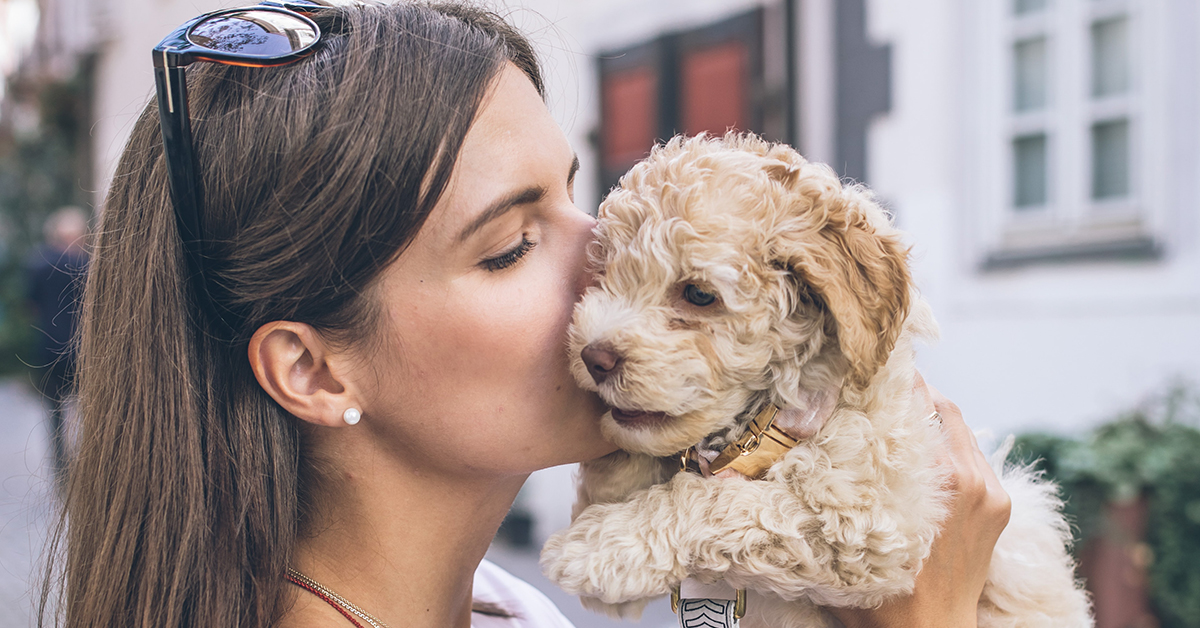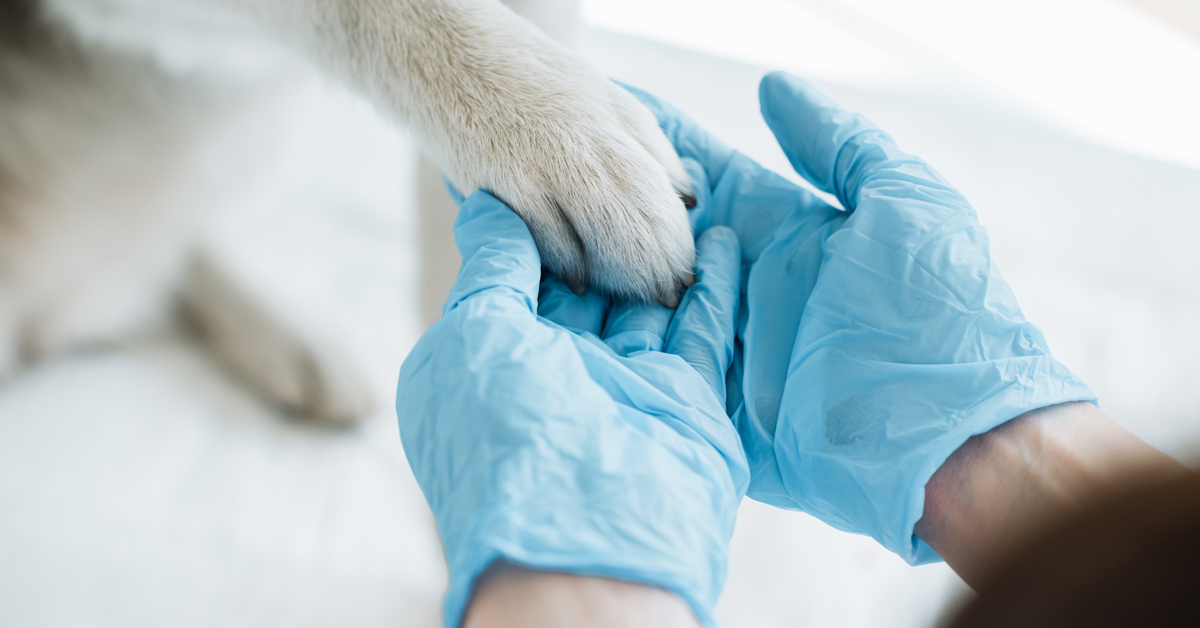How often should dogs get rabies shots? It depends on which kind of rabies vaccine you get. Some rabies vaccines are good for one year, which require an annual vaccination booster shot. The more popular option is the rabies vaccine that lasts three years, in which case your dog will only need a booster every three years.
According to the UC Davis School of Veterinary medicine: “Adult dogs with unknown vaccination history should also receive a single dose of killed rabies vaccine. A booster is required one year later, and thereafter, rabies vaccination should be performed every 3 years using a vaccine approved for 3-year administration.”
The rabies vaccine is one of four core vaccines that every dog needs to get during their lifetime (and which many states require by law).
In addition to vaccination against the rabies virus, core dog vaccinations include canine parvovirus (CPV), canine distemper virus (CDV), canine adenovirus (CAV). Let’s break down what each of these vaccines protects your pup from and what kind of vaccination schedule is required for upkeep.
Parvovirus vaccine (CPV)

Canine parvovirus is most common among puppies between six and 20 weeks old. Cornell University’s College of Veterinary Medicine describes it as “…a highly contagious viral disease of dogs that commonly causes acute gastrointestinal illness in puppies.”
Parvo is highly contagious. Because of this, the CPV vaccine is one of the essential shots you must not overlook. A booster is required a year after the initial series, then every three years.
Distemper virus (CDV)

Distemper is a nasty viral disease that is also highly contagious. It is a fatal disease that affects the respiratory, gastrointestinal, and central nervous systems.
Clinical signs of distemper include:
- diarrhea
- vomiting
- yellow discharge coming from eyes and nose
- cough
- seizures
- lethargy
There is no cure for CDV. As such, dog owners need to take vaccination seriously. After initial vaccination, puppies will need a booster a year later. Puppies get at least three doses between 6-16 weeks of age (or 2-4 months of age). Adult dogs need a booster every three years or more.
Adenovirus (CAV)

There are two types of adenovirus, CAV-1, and CAV-2.
CAV-1 causes hepatitis in dogs, which affects the liver. This is the more severe version of adenovirus as it is fatal in 10-30% of cases.
Signs of CAV-1 include:
- decreased appetite
- appear depressed
- cloudiness of one or both eyes
- eye and nasal discharge
- cough
- abdominal pain
- vomiting
- diarrhea
CAV-2 is similar to kennel cough. It’s called “kennel” cough because it is most commonly transmitted in environments where many dogs interact with each other regularly such as boarding facilities, dog parks, and doggy daycares.
This type of adenovirus is a dry, hacking type of cough that is often accompanied by nasal discharge.
Like with the parvo vaccination, adenovirus requires puppies to get a booster after one year, and adult dogs every three years after the initial series.
Non-core vaccines
Non-core vaccines are given based on your dog’s individual risk factors, lifestyle, and environment. Dogs living in an area with little-to-no exposure to the kind of ticks that carry Lyme disease would not require a Lyme vaccination, for example.
Other non-core vaccines include DHPP, bordetella (kennel cough), parainfluenza, leptospirosis, and canine influenza.
Vaccination side effects
The benefits of vaccination far outweigh the risks, however, some dogs might experience side effects. Mild side effects include appearing tired or having soreness at the injection site. A firm bump or swelling may appear where the shot was given, but this goes away within one to two days.
If your dog got a vaccine through their nose, they may be sniffly and sneezy.
Just get them vaccinated. It’s not worth the risk.

Maybe you’re hesitant about getting your dog (or yourself) vaccinated. If you aren’t going to do it to protect yourself or your dog, at least do it to protect others. Diseases among our pets and each other is a serious public health issue — that’s why rabies shots are state law!
Rabies in particular can not only be transferred from animal to animal but from animal to human. Vaccinating your dog against rabies will protect you, your dog, and other creatures (raccoons, ferrets, and skunks can all become rabid animals).
If you aren’t sure if your dog has had any of these vaccines already, your veterinarian can perform a titer test to see if they need revaccination. This is an antibody blood test that can detect whether or not a vaccine is still protecting your dog’s immune system.
Pet owners who want to learn more about these vaccines and their pet’s wellness should contact their DVM with any questions. Don’t forget to set reminders on your calendar to keep up-to-date with your pet’s vaccine schedule!

